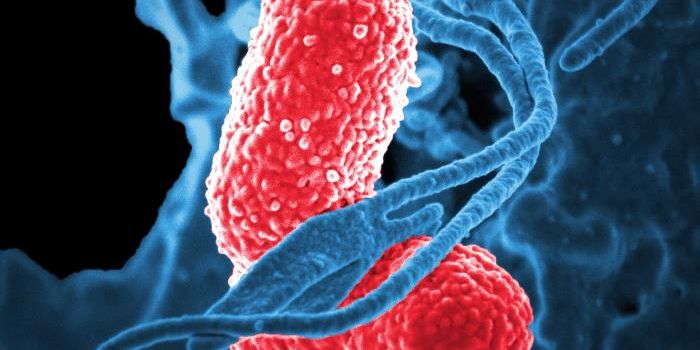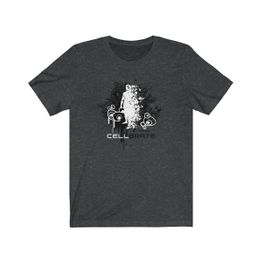Aspirin Therapy Not As Effective As Previously Thought
How effective is aspirin for treating peripheral vascular disease, really? A large-scale meta-analysis introduces the idea that aspirin could be not very effective at all, potentially even harmful. The new study calls for more experiments to make a definitive statement on the efficacy of aspirin for treating peripheral vascular disease (PVD) and other heart conditions.
PVD consists of blood vessel maladies outside of those in the heart and brain - arteries that carry blood to the limbs, stomach, and kidneys. Two forms of PVD determine a range of possible symptoms; functional PVD involves no physical damage to the blood vessels and is characterized by fluctuating muscle spasms, and organic PVD describes structural changes to blood vessels, causing inflammation and tissue damage. Overall PVD is accompanied by a reduction in blood flow, affecting more than eight million people in the United States.
Aspirin is a classic example of a common drug used to treat heart and blood vessel conditions, like PVD. This drug prevents blood clots from forming, subsequently reducing the risk of adverse cardiac events. However, aspirin’s mechanism of action can backfire, sometimes increasing a person’s risk of hemorrhagic stroke or internal bleeding.
Cardiologist Anthony A Bavry, MD, says that many PVD patients “may not be deriving the benefits from aspirin that they expect to be getting.”
The University of Florida study included a meta-analysis of 11 aspirin therapy trials including more than six thousand PVD patients participating in studies. Statistics gleaned from the 11 trials showed that aspirin had “no significant effect on death rates and incidents of stroke, heart attack, or major cardiac events.”
"Aspirin might not be a miracle drug for certain patients,” said co-author Ahmed N. Mahmoud, MD. “We need to reconsider the evidence, and see who benefits from aspirin therapy and who does not.”
The present study was published in the journal PLOS One.
-
APR 30, 2024Immuno-Oncology Virtual Event Series 2024
-
MAY 07, 20243rd International Biosecurity Virtual Symposium
-
JUN 06, 2024The Future of Scientific Conferencing
- See More


















































